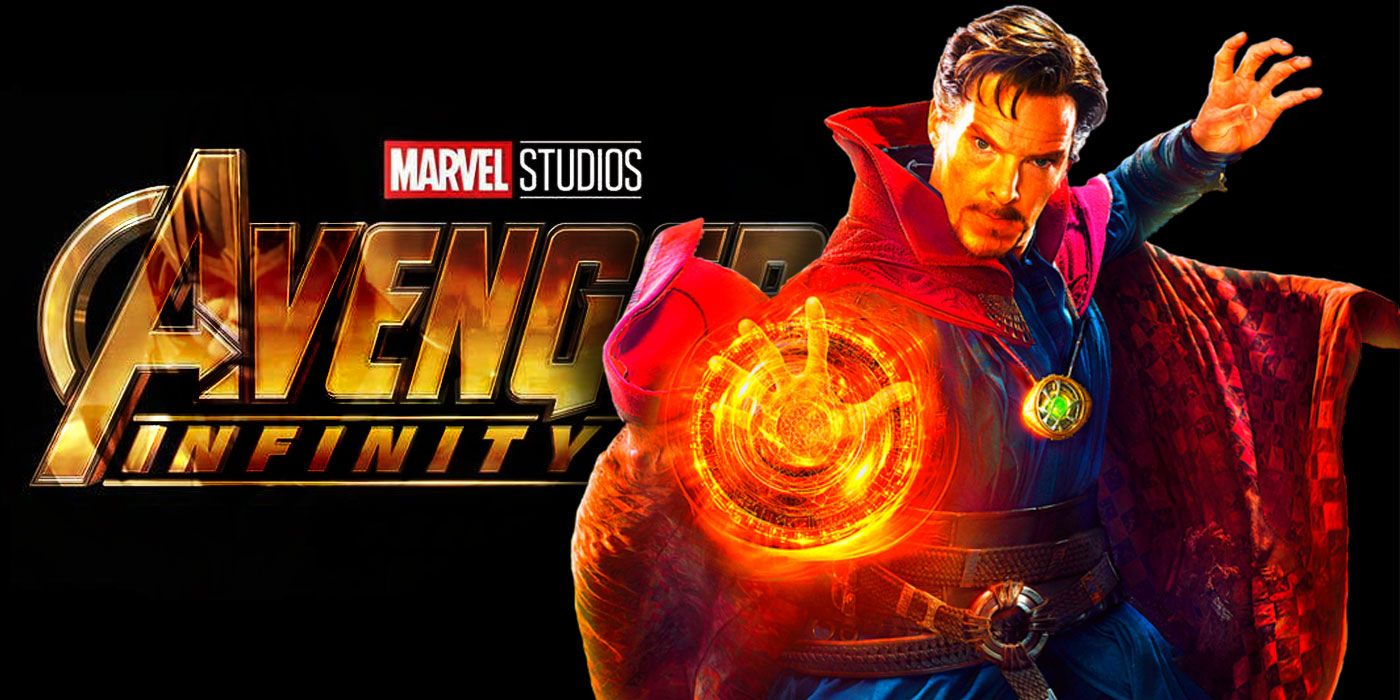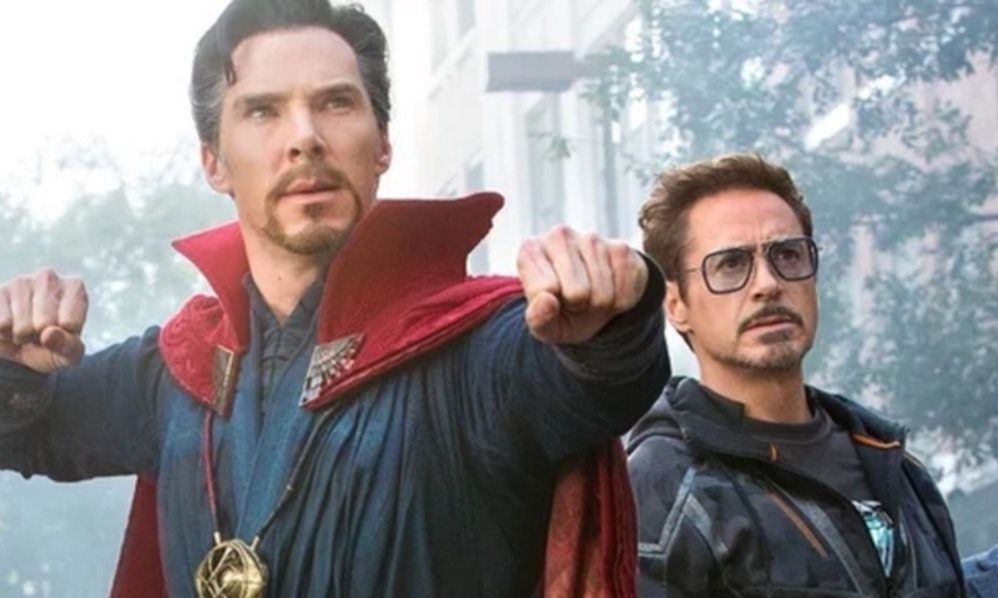WARNING: The following article contains spoilers for Avengers: Infinity War, in theaters now.
CLICK HERE FOR CBR'S FULL AVENGERS: INFINITY WAR COVERAGE
A good chunk of viewers walked away from Marvel's Avengers: Infinity War billing the film as a full-fledged Thanos movie, suggesting the Mad Titan was the true star of the Russo brothers' superhero team-up flick. But really, Infinity War was about the heroes of the MCU, and one of them above the rest: Doctor Strange.
Somehow, the Russo brothers, along with writers Christopher Markus and Stephen McFeely, managed to tell a better tale of the Sorcerer Supreme than that told by the Doctor Strange movie. Infinity War is Stephen Strange's arc from top to bottom, the journey from anti-hero to hero -- and it's a damn fine story.
RELATED: What, Exactly, Was Doctor Strange’s Master Plan in Avengers: Infinity War?
For starters, let's cover the major theme of Avengers: Infinity War. It's all about what one is willing to sacrifice to achieve their goals. For Thanos, he's willing to sacrifice anything to achieve his, even the one person he loves: His adopted daughter Gamora. However, (most of) the good guys are not willing to sacrifice anyone at the expense of saving the universe. They're the true heroes... with the exception of Doctor Strange.
Strange is willing to do anything to protect his precious Time Stone. This sets Benedict Cumberbatch's Sorcerer Supreme apart from the rest of the heroes in the film because he suggests anybody's death is worth it as long as Thanos doesn't get his hands on the green-hued Infinity Stone. This distinction, Strange's willingness to allow death in order to protect the relic he's tasked to guard, paints the Sorcerer Supreme uniquely as an anti-hero for most of the film.
And then we come to the the third act.
In the heroes' final confrontation with Thanos, the Mad Titan manages to strip Tony Stark of his Iron Man armor, leaving him in a position that would surely kill him. Strange, stepping in, agrees to hand over the Time Stone to Thanos in order to save Stark's life. In doing this, Strange allows Thanos to fully assemble his Infinity Gauntlet and achieve the villain's goal. This choice made by Strange completes his arc. Finally, the hero understands that saving the life of a comrade is worth more than stopping the aspirations of some villain.
RELATED: How Does Infinity War Affect Marvel’s TV Series Moving Forward?
Now, you might suggest Strange's bold choice was made because he knew saving Stark would be the only way to save the universe, and there is some truth to this. However, Strange knows there's only one possible outcome, out of millions, in which the heroes actually win. To gamble on this one outcome, by allowing Thanos to assemble his gauntlet, rather than attempting to take down the Mad Titan himself, is a gutsy move, and one that goes against Strange's established ego. I don't believe Strange allowed Stark to live just so he could fulfill this one, extremely unlikely, outcome. It's also because he knew saving the life of another was more important than achieving his own goal of protecting the Stone.
Strange learns selflessness, and he learns to become a full-fledged hero. This is a greater arc than that showcased in the Doctor Strange solo film, which attempted a similar journey. At the start of Infinity War, Strange is pretty much the same arrogant asshole he was at the start of his solo flick. By the end, Strange seems to finally truly understand what it takes to be a hero.
Infinity War managed to showcase an emotional journey for Stephen Strange that outshines his solo film. At the same time, it explored new sides of his powers. All in all, it tapped into the potential for Strange on the big-screen that has so much more to offer.
RELATED: An Avengers 4 Pregnancy Would Give an MCU Original the Perfect Sendoff
Stan Lee and Steve Ditko's original Doctor Strange comics are about so much more than the groovy, psychedelic spectacle the Strange film brought to life. They ponder mysticism, meaning of life, the value of life, and so much more. Infinity War manages to tap into this a little bit, and we can only hope that Marvel Studios digs deeper as they consider the future of the character in the MCU.
That is, if he returns in Avengers 4.
Directed by Joe and Anthony Russo, Avengers: Infinity War stars Robert Downey Jr. as Iron Man, Chris Evans as Captain America, Chris Hemsworth as Thor, Mark Ruffalo as the Hulk, Jeremy Renner as Hawkeye, Scarlett Johansson as Black Widow, Anthony Mackie as the Falcon, Paul Rudd as Ant-Man, Elizabeth Olsen as Scarlet Witch, Tom Holland as Spider-Man, Benedict Cumberbatch as Doctor Strange, Chadwick Boseman as Black Panther, Chris Pratt as Star Lord, Zoe Saldana as Gamora, Dave Bautista as Drax, Bradley Cooper as Rocket, Vin Diesel as Groot, Tom Hiddleston as Loki, and Josh Brolin as Thanos. In theaters now.


